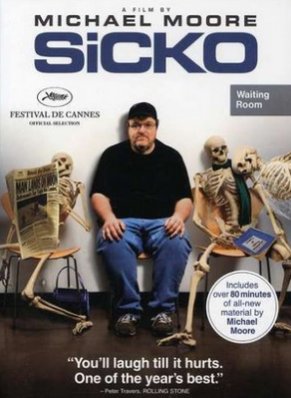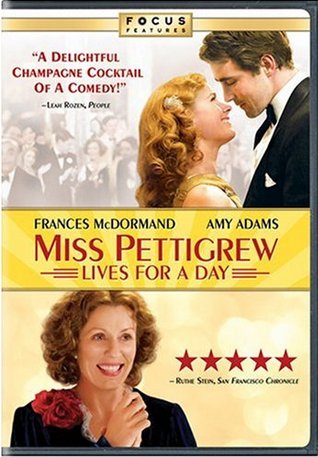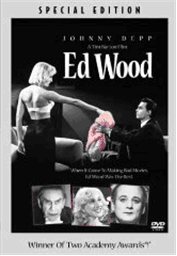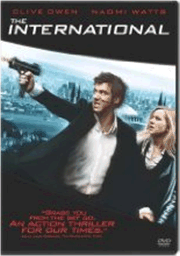Typical slicko Michael Moore fare still strikes nerve (7/10)
Written and Directed by Michael Moore
 Michael Moore: So there was actually one place on American soil with free, universal healthcare.
Michael Moore: So there was actually one place on American soil with free, universal healthcare.
[cut to aerial picture of Guantanamo Bay, Cuba]
Michael Moore: That’s all I needed to know.
To say that Sicko tugs at your heart strings is like saying an aircraft carrier leaves a wake. Moore is a master of both sob-story revelation and factual selectivity in the service of powerful messages, whether it’s corporate perfidy (Roger and Me), national politics (Fahrenheit 911)[1], gun policy (Bowling for Columbine), or health care issues (Sicko). Sometimes, as with the Charlton Heston footage in Columbine[2] the selectivity is outright fraudulent. But even when he crosses the line, Moore excels at generating sympathy for real people.
The primary technique for creating misimpressions that I’ve seen, however, in Moore’s movies and other mockumentaries from left or right, is to trick the emotional-perceptual mechanism. For example, the movie The Corporation I reviewed had a sequence describing a plant that was generating toxic waste… then during the narration we’re shown video images of white sludge coasting on dirty water. No attempt is made to connect this water to that specific plant, and most viewers see the vile image (perception) and have the immediate emotional reaction of righteous anger toward the owners of the plant… for which no actual evidence has demonstrated its culpability. It’s just pictures and feelings. Continue reading






